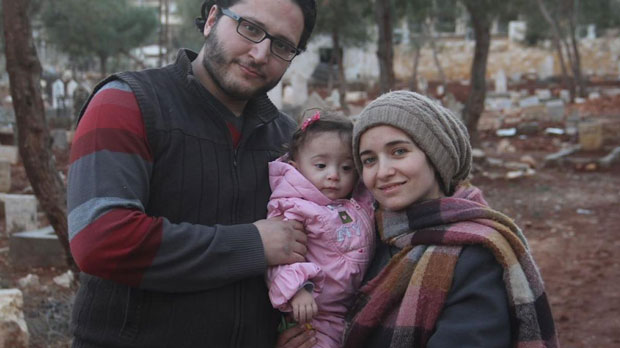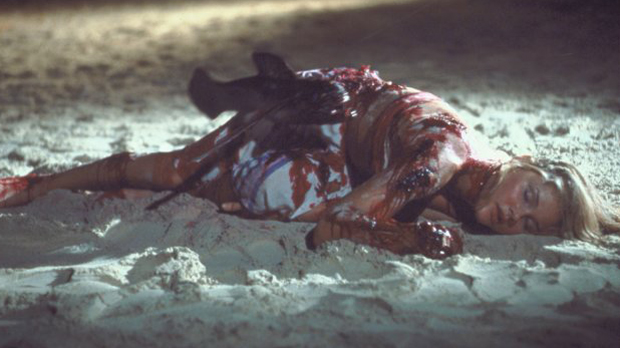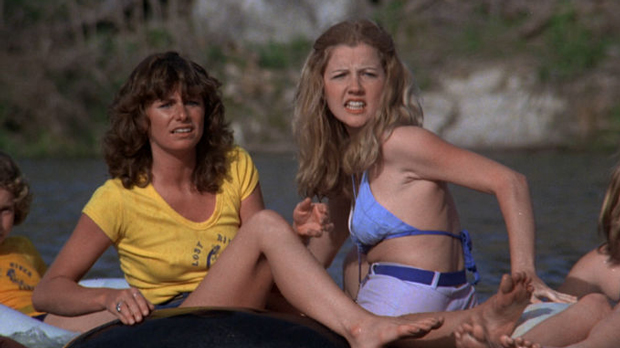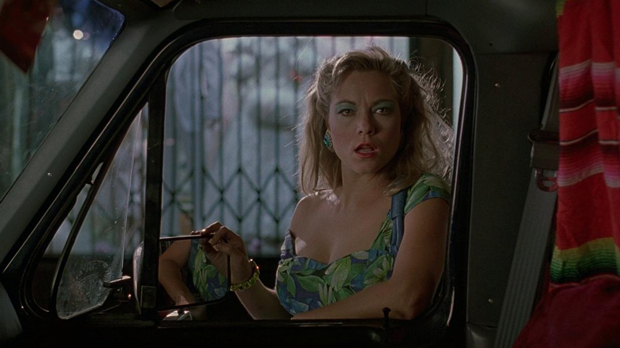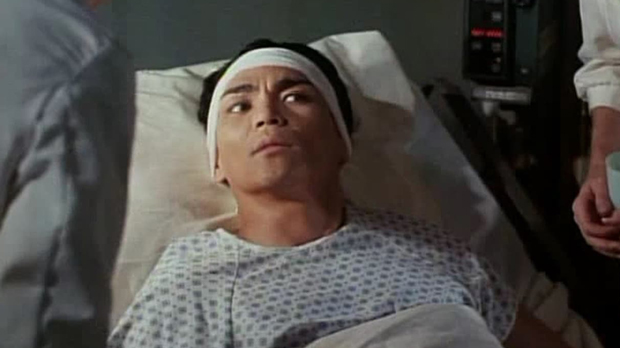 For Sama (2019) PBS Distribution/Documentary RT: 96 minutes No MPAA rating (bloody disturbing war images, thematic elements) Director: Waad Al-Kateab and Edward Watts Music: Nainita Desai Cinematography: Waad Al-Kateab Release date: September 20, 2019 (Philadelphia, PA) Cast: Waad Al-Kateab, Hamza Al-Kateab, Sama Al-Kateab. Spoken in Arabic w/English subtitles
For Sama (2019) PBS Distribution/Documentary RT: 96 minutes No MPAA rating (bloody disturbing war images, thematic elements) Director: Waad Al-Kateab and Edward Watts Music: Nainita Desai Cinematography: Waad Al-Kateab Release date: September 20, 2019 (Philadelphia, PA) Cast: Waad Al-Kateab, Hamza Al-Kateab, Sama Al-Kateab. Spoken in Arabic w/English subtitles
Rating: *** ½
There’s a lot to be said for films like The Killing Fields and First They Killed My Father that take viewers on a journey through Hell with realistic depictions of war torn countries and victims of brutal regimes. Although effective, they are dramatizations; this means there’s that little bit of distance between art and real life.
Documentaries like For Sama are another matter entirely. In the vernacular of young people, this s*** is real! One of this year’s Best Documentary nominees, it’s a video diary of a young Syrian woman in Aleppo during the ongoing civil war. Filmed by journalist Waad Al-Kateab on her smart phone over the course of five years, it’s an attempt to explain to her baby daughter Sama why she and her husband Hamza chose to remain in the city rather than flee. Starting out as a business major at the university, she began to document the protests by students of Syria’s brutal dictatorship under Bashar Al-Assad. Hope quickly gave way to chaos, destruction and crimes against humanity committed by the regime and its allies. Not long after, Russian warplanes dropping bombs on Aleppo was a daily occurrence. Being killed at any given moment was a real possibility yet Waad and Hamza, a doctor, elected to stay in order to help the wounded at a makeshift hospital.
A lot of films are hard to watch but For Sama takes the cake. It’s as harrowing and devastating a viewing experience as I’ve ever seen. The fact that every single bit of it is real (NO simulations) is positively frightening. Waad Al-Kateab captures some really disturbing things like two boys bringing their brother’s lifeless body to the hospital, a mother insisting on carrying her dead son herself and in what has to be the film’s most haunting scene, hospital staff attempting to bring a stillborn baby back to life. She also shows scenes of domestic life during the siege with one boy lamenting the friends that left him behind and the mother trying to prepare a meal for her family with what little food she has in the house. We don’t see this very often in documentaries.
The footage is pieced together in a non-linear way with happy moments like Waad and Hamza’s quickie wedding juxtaposed against horrific scenes of the doctors trying to help injured children after the bombing of the day. For Sama has a strong you-are-there feeling that renders it impossible to shake off long after it’s over. Waad directly addressing her daughter makes it feel personal. The horror of everyday life in a country far away is humanized. We get a good idea of what it’s like to live in fear of an insane leader with no regard for his people. I can’t say I ever want to watch it again but For Sama does what it does exceedingly well.
